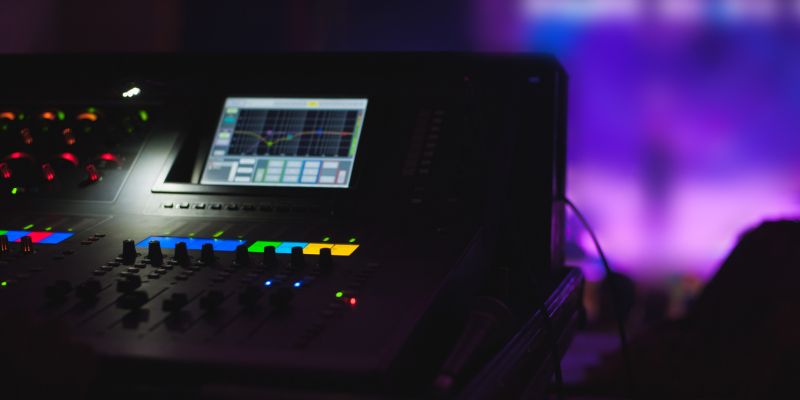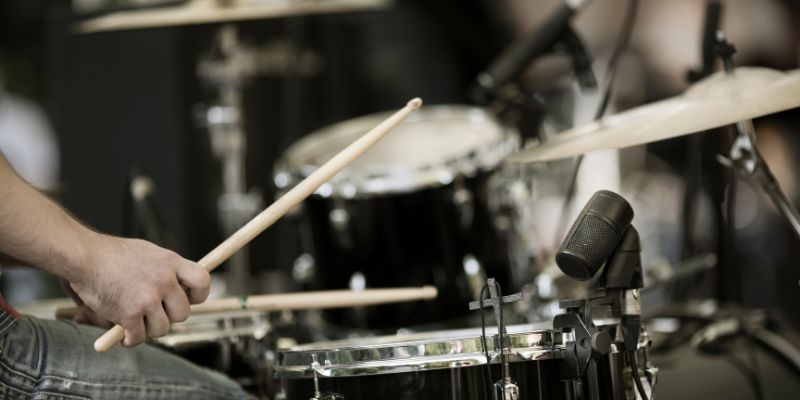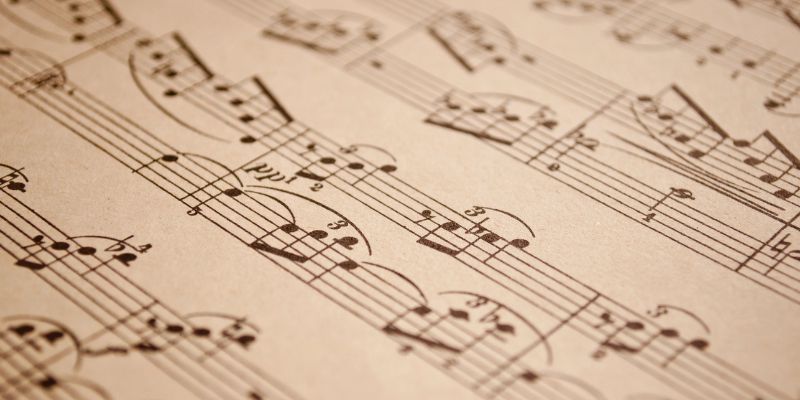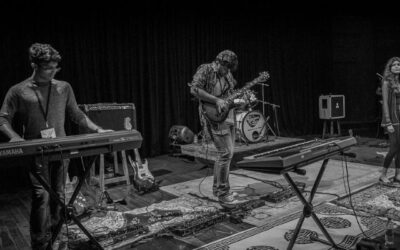If you’re a drummer, sometimes it’s easy to look at the seemingly endless amount of music theory that guitarists or piano players need to learn to play their instruments and feel like you got off the hook. As a drummer myself, I prided myself in not having to learn about chords, scales, melody and harmony for a long time. While guitarists and bassists were tuning their instruments, I would sit behind the kit and taunt them for needing to know what an open G note sounded like.
Sure, as drummers, we probably know a little more about time signatures, rhythm and other time-related musical concepts, but overall, because we don’t usually fill our heads with the weird and complicated theory that every other instrument seems to require, life as a drummer seems good…
But is it really? Do drummers look at music way too ‘simply’? Even though drummers might not need to know about pentatonic scales to play their instrument well, it would be wrong to assume that drummers can get away with putting their hands over their ears whenever they hear the word ‘theory’. Music never happens in a vacuum. The role of a drummer isn’t to play in isolation, but instead to help the other musicians in the ensemble sound better as well. Even if you’re a drummer jamming to songs all by yourself, knowing at least some of the basics of melody and harmony will help in a lot of different ways.

Theory. Aaargh.
The word ‘theory’ is daunting. As mentioned before, there’s just so much that seems to be going on when a guitarist or pianist is playing their instrument apart from what their hands are doing. They need to be cognizant of the ‘key’, melody, chord changes, rhythm, and a lot more. Drummers seldom go that deep, instead picking and choosing what’s helpful for the ‘rhythm’ and ‘beat’ as appropriate for the style of music being performed. But, as active members of any band, it’s easy for drummers to feel disconnected when the rest of the musicians discuss those keys, melody and chord changes – this ability to connect with bandmates, and maybe even suggest ideas, is a very powerful tool to have. It will not only make you a better all-round musician, but also a more valuable asset to your band since you’ll finally have the vocabulary to express your opinions about a specific song, and even respond better, in a musical sense, when performing it.
Another huge benefit of learning about melody and chord structures is being able to compose your own songs. Imagine being able to play or write down melodies that may pop up in your head, or recreate something you heard! With even a basic knowledge of chords and scales, it’s very easy to start putting some simple loops together to jam to, or recreating songs that you might like to drum over.
Right. Where Do You Start?
Having access to an instrument like a keyboard or guitar will really help you learn the basics of theory. They provide a tangible, tactile and visual aid to all the information you’re taking in. Apart from the great resources available online, try and find a good teacher if possible (if the guitar player in your band is a patient chap, ask him!) as that can really help with context and perspective.
Aside from sitting down and learning about melody and harmony properly, it’s always helpful to be actively listening and involved around other musicians when they’re talking about theoretical aspects of music. Even suggestions like “I think this progression should resolve on a different chord” is a huge step forward from previously only knowing about advanced polyrhythms and 9/16 time signatures. Another great place to apply the basics of theory is when you tune your drums. Knowing about pitch is essential when tuning, and having a more experienced musical ear will make your drums sound better in any given musical context.

Summing Up
Drummers often take the easy route of ignoring music theory/melody/harmony, getting lost in the universe of drumming. Sure, it may be possible to be a great drummer without ever actually knowing theoretically about melody and harmony. But spending even a little time learning those things can mean that music will start to make more sense and you’ll be able to understand in a deeper way what exactly you’re drumming to. Becoming a better musician will undoubtedly make you a better drummer, right?




